Thrivecast is hosted by Trish Kritek, MD, EdM, University of Washington School of Medicine Vice Dean for Faculty Affairs. This podcast is for faculty and provides tips to help clinicians, educators, and researchers thrive professionally in their careers, covering topics from time management and organization to leadership and self-advocacy.
All episodes are on this page. You can also find Thrivecast on Apple Podcasts, Spotify, Amazon Music or wherever you get your podcasts.

Episode 59: Strategies for Managing Your EPIC Inbox
Dr. Kimberly Ma (Obstetrics and Gynecology; Assistant Chief Clinical Information Officer for UW Medicine) shares tips for organizing and customizing your EPIC inbox to save you time. Start by understanding how you use your inbox and your most commonly accessed features, then focus on optimizing those sections. Reduce time in EPIC by setting daily email reminders to notify you of messages. Set up the “results” section to prioritize the most relevant columns for your workflow, and edit out those you don’t use. Get to know quick actions for your most frequent tasks without opening the patient chart. Finally, Dr. Ma highly encourages folks to schedule a 1:1 session with Practitioner Liaison Support (PLS) Services to optimize your personal EPIC inbox.
Contact Practitioner Liaison Support (PLS) Services to schedule a 1:1 session:
WEBSITE: Practitioner Liaison Support (uwmedicine.org)
TEAMS CHANNEL: Practitioner Support & Optimization Forum
REQUEST FORM FOR EPIC OPTIMIZATION SESSIONS: Follow this link

Episode 58: Effective Teaching in Small Groups
Dr. Neha Deshpande (Medicine, General Internal Medicine) shares best practices for how to effectively teach in small group settings. She recommends setting the session up for success with enthusiasm, shared goals, and planned interactive components. She then provides examples of some of her favorite prompts and intentional strategies for elevating quieter voices, as well as approaches to avoid. Finally, Dr. Deshpande encourages increasing your confidence in small group teaching with continued practice and iteration.


Episode 57: Climate Health: How You Can Get Involved
Drs. Mollie Grow (Pediatrics) and Stefan Wheat (Emergency Medicine) discuss how faculty can get involved in improving climate health. Climate change is the single greatest public health threat of the 21st century and US Healthcare accounts for 8.5% of total US greenhouse gas emissions. The UW School of Medicine offers collaborative opportunities from medical student-led curriculum changes to an annual multi-disciplinary symposium. In every day practice, we can replace single-use PPE with reusable PPE, reduce single-use plastic at events involving food, and reduce use of anesthetic gasses in clinical spaces. Planetary health is human health, and we can all make changes and get involved to reduce our impact.

Episode 56: Bringing a Clinical Idea to Market
Dr. Nathan White (Emergency Medicine; Associate Dean for RGE at Harborview Medical Center; Director, Resuscitation Engineering Science Unit) explains how he brought an idea from his clinical practice to market. Dr. White developed Stasys, a medical device that diagnoses platelet health for trauma care. Start with identifying a need or gap in your clinical work. Then seek out experts across the University to find someone doing related work and collaboratively explore solutions. Finally, partner with UW’s CoMotion to complete the steps from prototypes to licensing and commercialization. Throughout the process as additional parties become involved, stay committed to the end application you have envisioned for the product.
Learn about Stasys Medical Corp here.

Episode 55: Innovation and Commercialization with UW’s CoMotion
Fiona Wills (Associate Vice Provost for Innovation Development and Commercialization, UW) explains the resources available to research faculty, postdocs, and graduate students looking to commercialize an innovation through UW’s CoMotion. She discusses all of the steps of the commercialization process, from training to startup, including different methods of protecting your intellectual property. Start by understanding your market and the novelty of your innovation by asking your customers what needs they have. Begin conversations with CoMotion early in the process to guide your decision making, utilize their resources from lab space to patent attorneys, and set a reasonable timeline to ensure your idea successfully goes from lab to market.
Learn about and get connected to UW CoMotion here.
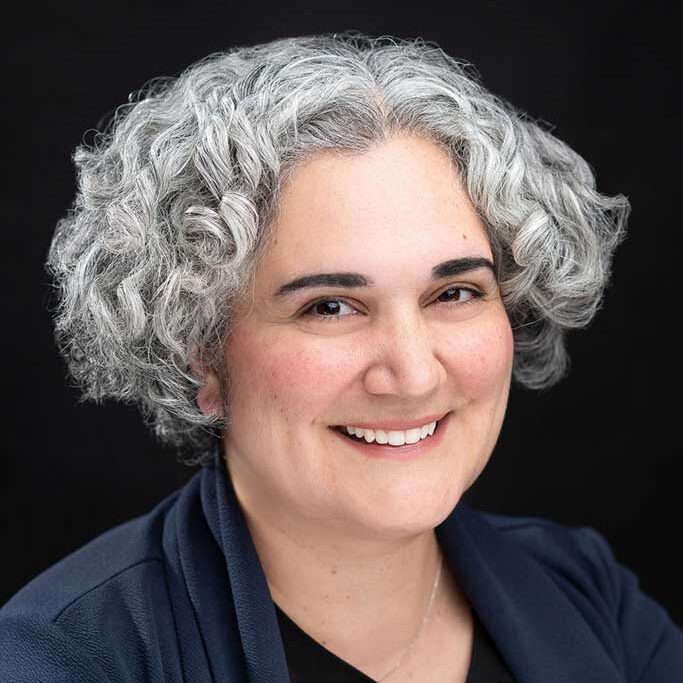
Episode 54: Best Practices for Faculty Recruitment
Dr. Sahar Rooholamini (Pediatrics; Assistant Dean for Recruitment and Retention) walks us through the steps for recruiting faculty using equitable, mission-aligned best practices. Dr. Rooholamini shares strategies for active outreach to gather a diverse pool of applicants, delineates key qualities of an exemplary job ad, and explains the role of the search committee in leading and standardizing the review and selection process. She recommends keeping your search criteria expansive to be inclusive of potential applicant qualities that you may not have initially envisioned. Finally, Dr. Rooholamini provides advice on how to balance considerations of internal and external candidates, and encourages faculty to provide input to adapt and improve our recruitment practices at the UW School of Medicine.
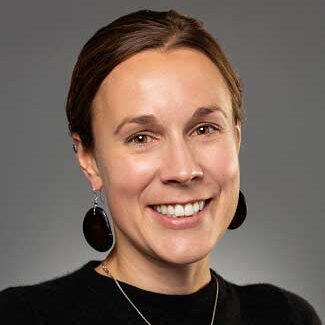
Episode 53: What Makes an Outstanding Mentor?
Dr. Elia Tait Wojno (Immunology; Director, Mentor Education for UW School of Medicine) provides background on the CIMER (Center for the Improvement of Mentored Experiences in Research) program and gives advice for anyone who wants to become a mentor in their career. She explains how to establish shared expectations and communicate with a sense of curiosity as you create a working platform for the relationship. Finally, Dr. Tait Wojno shares three strategies for fostering inclusivity, explains how the mentor benefits from this role, and describes how to know when you are ready to be a mentor.
Learn more about CIMER here and additional mentoring resources here. Email mentoreducation@uw.edu to get connected with the mentorship program at the UW School of Medicine.

Episode 52: How to Create a Strategic Plan
Dr. David Morgenroth (Rehabilitation Medicine) walks through the entire process of creating a strategic plan. Learn about the steps involved from defining the scope and inviting the right mix of voices to the table, to analyzing data, assigning tactics and finally implementation. Dr. Morgenroth encourages folks to be realistic about the timeline, maintain some flexibility once the plan is created, and above all, continuously foster the relationships with all stakeholders throughout the process to ensure your plan is a success.

Episode 51: Community Partnership in Research Spaces
Dr. Yaw Nyame (Urology) explains how his team has succeeded in engaging in community-based health equity research and provides guidance for those seeking to do this work. PCORI (Patient-Centered Outcomes Research Institute) has resources to help you find partners, but you can also work with advocacy organizations or through conversations with your patients. Recognize power differentials between the provider and patient and empower patients to join this work in a variety of ways. Engage your community partners throughout the entire research process by educating and training them, collaborating on every step from agenda to results, and compensate them like any other team member.
Learn about PCORI resources here.

Episode 50: Stepping into a New Leadership Role
Dr. Jenny Mladenovic (President and CEO of the Center for Women in Academic Medicine and Science) shares her advice and perspective for stepping into a new leadership role. Whether at a new institution or your current one, learn strategies to set yourself up for success from the start. She provides guidance on recognizing your own biases and gaps in knowledge, seeking input from a diversity of sources, and creating a plan for the first 100 days. Finally, Dr. Mladenovic discusses how to deal with failures and importance of the relationships you make to both your own success as well as the success of your institution.
Learn about the GEMS Alliance here.
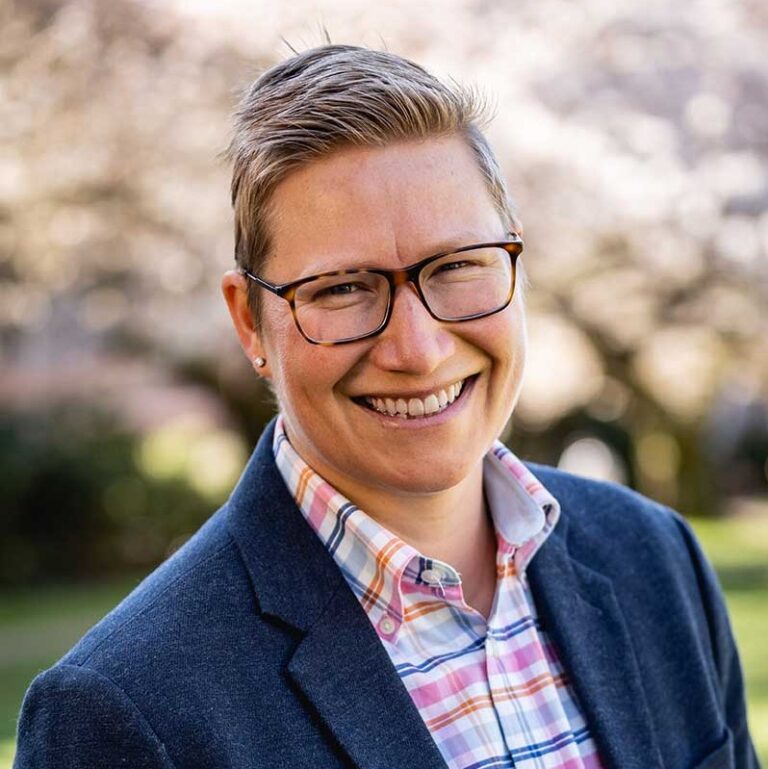
Episode 49: Well-Being Survey: How to Move from Data to Action
Dr. Anne Browning (Chief Well-Being Officer, UW Medicine; Associate Dean for Well-Being, School of Medicine) discusses her new role as CWO and plans for the future of well-being at UW Medicine. She details some preliminary results from the first system-wide well-being survey and action plans, from systems-level interventions to local well-being grants. Dr. Browning also describes the infrastructure of well-being at UW Medicine and what the strategic plan holds for the future workplace well-being of our community.
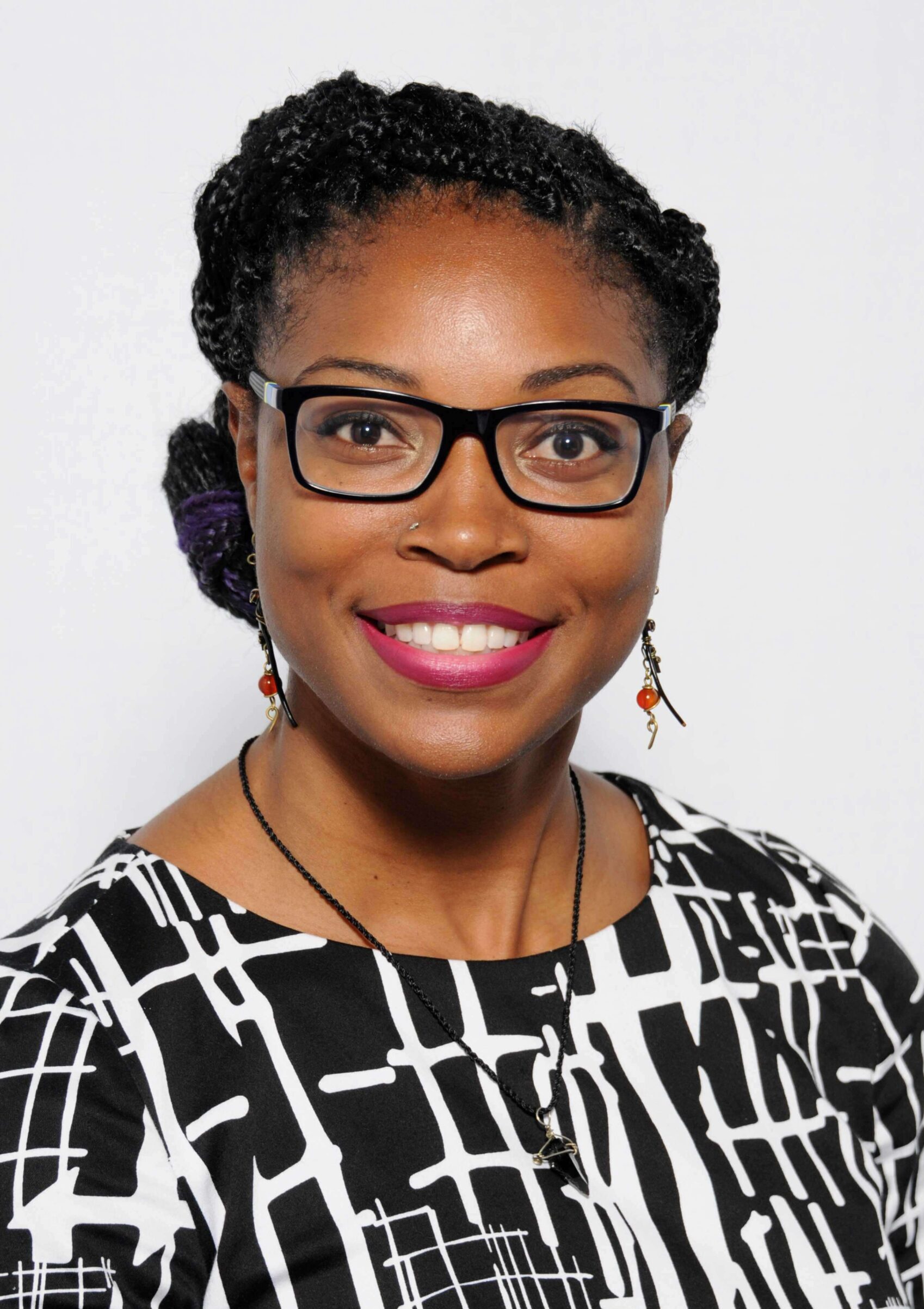
Episode 48: Community Partnership in Educational Spaces
Dr. Estell Williams (Surgery; Executive Director, Center for Workforce Inclusion and Healthcare System Equity) highlights the work being done in the WIHSE program and provides advice for folks wanting to engage with community partners in educational spaces for STEM careers. Engage learners as early as third grade, understanding the diversity of their needs to ensure the best chance of long term success. Focus on sustainability of the program through publishing and grant funding, build a strong team to create evidence-based curriculum, and never underestimate the curiosity, intelligence, and growth students will demonstrate as a result of these educational opportunities.

Episode 47: Creating High Performing Teams
Keri Nasenbeny (CNO, Harborview Medical Center), joins us in this episode to provide advice on how to create high performing teams, especially in interdisciplinary spaces. Start by establishing trust and cohesion with your team, and learn strategies to set those foundations. Learn about how to create a team quickly when needed, and also what to do when a team isn’t functioning as well as you hoped. For any team, celebrate the diversity of perspectives, skills, and connections each team member brings, and celebrate wins both big and small.
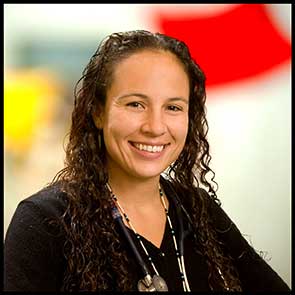
Episode 46: Community Partnerships in Clinical Spaces
Dr. Shaquita Bell (Pediatrics; Senior Medical Director, Odessa Brown Clinic) gives guidance on how to increase collaboration with clinical communities. Start by reaching out and listening to nearby community members or organizations. Ensure compensation and decision making roles for members, and target outreach events to their needs and interests. Finally, learn what to do if you make a mistake, how to continuously build trust in these partnerships, and what it looks like to successfully create solutions together.
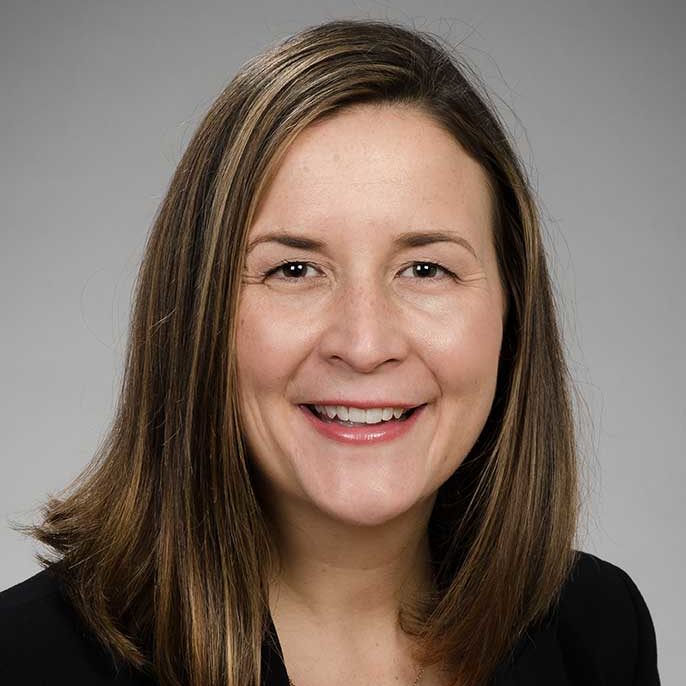
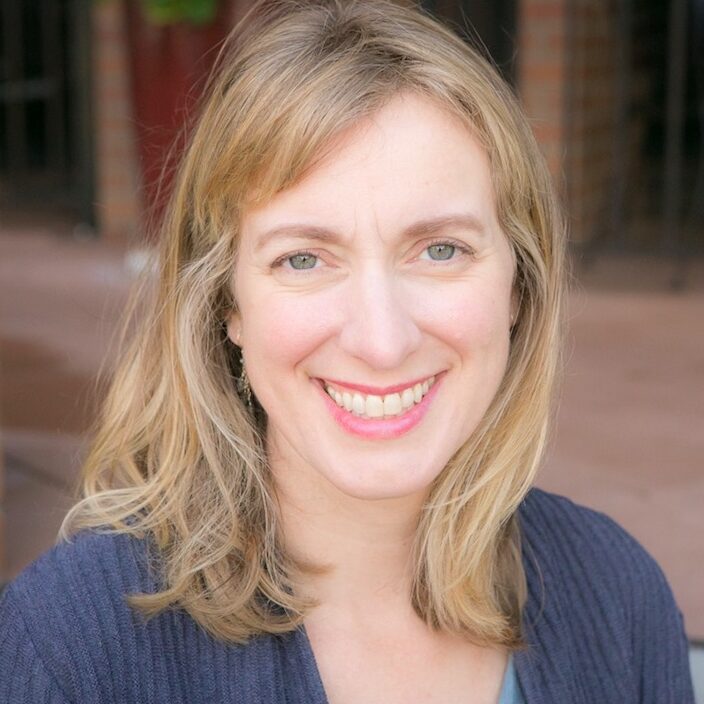
Episode 45: What is Coaching?
Drs. Giana Davidson (Assistant Dean for Professional Development; Professor, Surgery) and Alex Molnar (Coach; Clinical Associate Professor, Medicine) explain how coaching is defined in our Faculty Coaching Program which focuses on mid-career faculty looking towards their next chapter. They define the roles of the coach and coachee; a coach uses active inquiry, focusing on the inherent expertise in the coachee to allow the coachee to understand and articulate their own ideas and needs. Finally, Drs. Davidson and Molnar delineate some of the specific areas where coaching can lead to success and can help any faculty member find joy and clarity in their research, education, or clinical work.
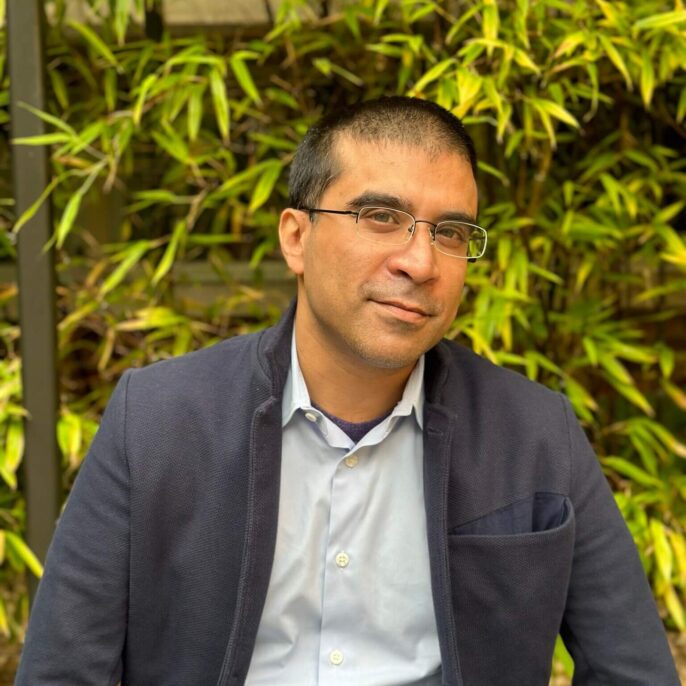
Episode 44: Teaching Efficiently in Clinical Spaces
Dr. Som Mookherjee (Medicine; Director of CLIME) provides advice on how to each efficiently in clinical spaces. Start by getting feedback from your learners and reflecting on your own teaching styles. Dr. Mookherjee shares examples of how to create a positive learning climate, clarify roles and responsibilities, and establish a system for exchanging feedback from the beginning. Prepare teaching points for general themes commonly found in the clinical setting and look for opportunities to simplify the teaching environment to reduce redundancies.
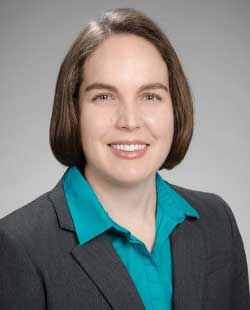
Episode 43: How to Respond to Grant Reviews
Dr. Christine Mac Donald (Neurosurgery) walks us through the grant review process, from submission through revisions. Learn about what your score means and strategies for responding to comments you receive. Give attention to not just the science but also ancillary documents like your biosketch, as these are all reviewed per NIH requirements. She encourages reaching out to colleagues for feedback prior to responding to the review requests, and explains when you may want to skip a cycle to give your resubmission the best chance of success. Above all, don’t give up and know that you’ll continue to improve with every grant you submit.
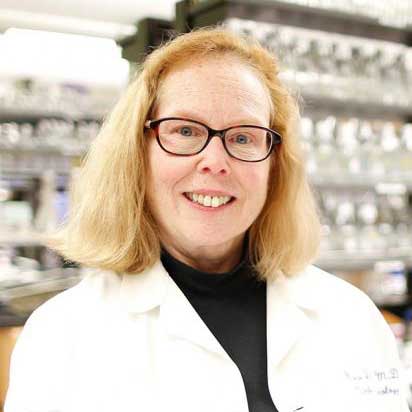
Episode 42: Carving Your Career Path
Dr. Nora Disis (Medicine; Associate Dean for Translational Science; Director of the Institute of Translational Health Sciences and the UW Medicine Cancer Vaccine Institute) has carved her own path in becoming a woman with many leadership roles at UW Medicine. She tells the story of how she overcame adversities and followed her passions to make a huge impact in the field of cancer immunology and translational medicine. If you face resistance, Dr. Disis advises: stay true to your mission, reach out for additional opinions from experts in your field, and follow the data until you can secure additional funding and build your team. She provides strategy for evaluating risk in building your funding sources and encourages, above all, going for the gusto.
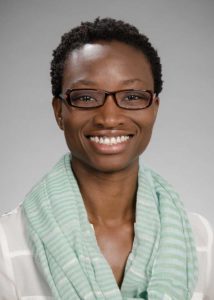
Episode 41: Creating Your Personal Mission Statement
Dr. Kemi Doll (Obstetrics and Gynecology) defines a personal mission statement, why you need one, and explains the steps for how to craft your own – wherever you are in your career. Dr. Doll provides two approaches to developing your mission statement and recommends writing down specifics about the environment you envision surrounding your work in the future. Lastly, she shares insight on how to know if you’re on track when crafting the statement, who to share it with, and how it can fit into the larger mission of your department or unit.
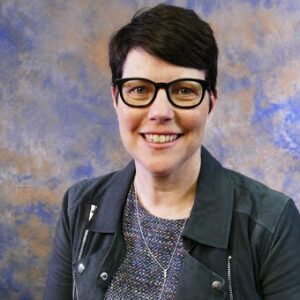
Episode 40: Revisiting the Pace of Accomplishment
Dr. Sandy Sufian (Professor, University of Illinois at Chicago) shares about needs of faculty with disabilities and suggests ways to make the workplace more equitable. Dr. Sufian recommends reframing productivity with a holistic view, valuing contributions made rather than time to completion. She explains the differences between accommodations and universal design, and how we can make system changes that will reduce stigma and make the academy a better workplace for everyone.
Read Dr. Sufian’s op-ed in Inside Higher Ed, entitled “The Prejudicial Logic of Productivity” here.
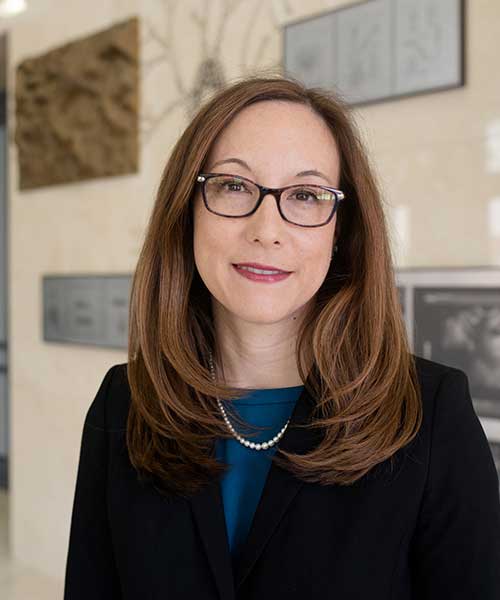
Episode 39: Paper Submissions: How to Respond to Reviews
Dr. Shelly Sakiyama-Elbert (Bioengineering, Vice Dean for Research and Graduate Education) discusses how to respond to paper submission reviews, from minor to major revisions. Clearly and respectfully articulate the revisions you have made and explain the reasoning for any changes not made, whether in response to constructive criticism or a rejection. Finally, learn how to select thoughtful reviewers and what to consider in choosing the right journals for your publications.
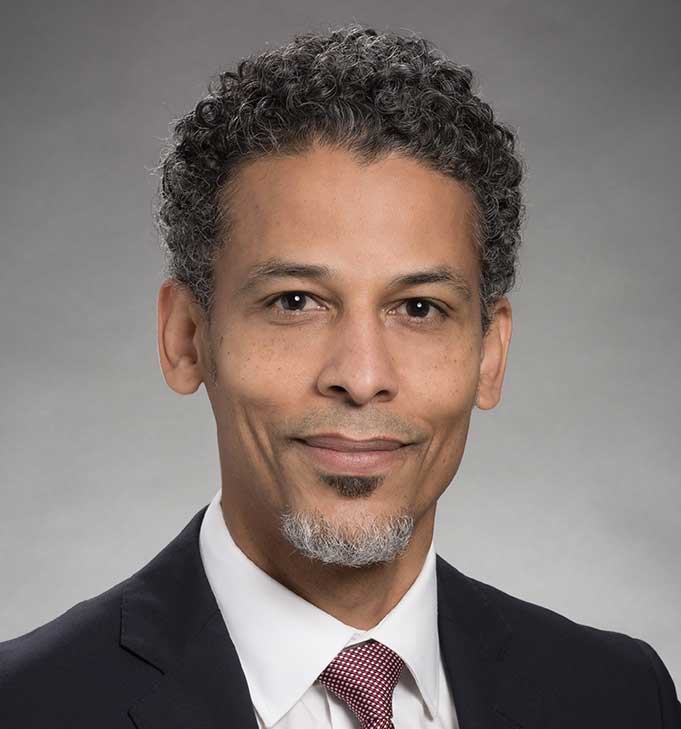
Episode 38: How Philanthropy Can Move Your Mission Forward
Dr. Thabele “Bay” Leslie-Mazwi (Chair, Neurology) explains how philanthropy is essential to the work we do in academic medicine, and why partnership with UW Medicine Advancement is a key to that success. Philanthropy can support our missions in each domain from education to research to clinical work. Focus on articulating the impact each donation will have on your work, utilize the unique skills of the Advancement team and the voice of your department leaders early on, and express continued gratitude for support received through your donor relationships.
To learn more about partnering with Advancement, contact engagemed@uw.edu. If a patient expresses interest in giving back, visit https://give.uwmedicine.org/you-make-a-difference/.
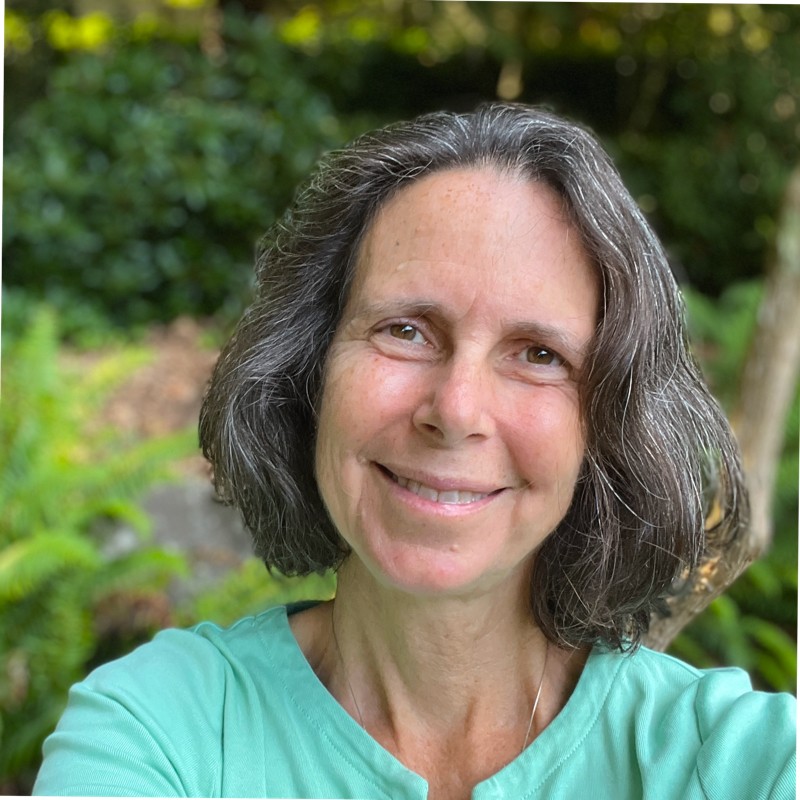
Episode 37: Bring Design Thinking to Your Career Planning
Dr. Sherilyn Smith (Professor Emerita, Pediatrics) defines design thinking and how you can use it as you plan next steps in your career. Design thinking is a non-linear process that, when applied to your career planning, allows you to test and learn ideas to craft a realistic and achievable plan. Dr. Smith explains each step from understanding your current values and strengths to defining the problem you want to solve, and finally to ideation and prototyping.
For a book on this topic, Dr. Smith recommends Designing Your Life: How to Build a Well-Lived, Joyful Life by Bill Burnett and Dave Evans.
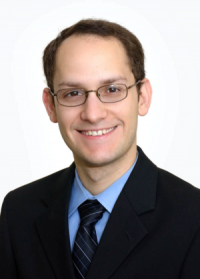
Episode 36: Transitioning from Trainee to Faculty
Dr. Hugo Carmona (Medicine) shares learnings and strategies in his own transition from fellow to faculty at UW. Say yes to opportunities early in your career such as committees and working groups, and then pare those down by how well they match your goals and interests. Plan for a shift in how you prioritize your time and tasks, including the increase in emails you will receive. Finally, ask for feedback from learners as you evolve your mentoring and management style.
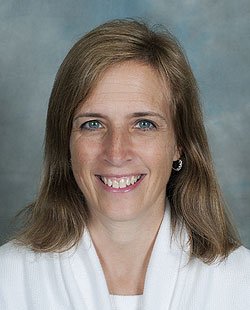
Episode 35: What it Means to be Patient and Family Centered
Dr. Anneliese Schleyer (Medicine, CMO of UW Medicine) brings insight on what it means to center patients and families in the work we do. From the first interaction at the bedside, remember that first and foremost this is a person, who happens to be on a healthcare journey. Get to know their name, interests, and goals. At a systems level, ensure that the patient or family voice is at the table for new projects or initiatives. Finally, strive to always learn from patients and families to continuously improve how we care for them.
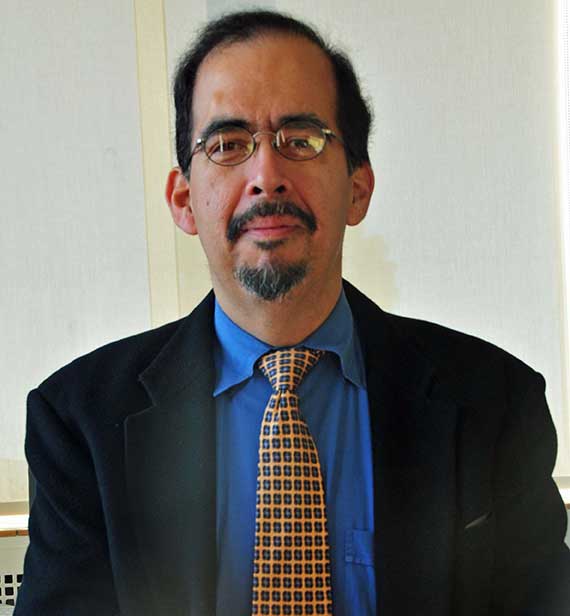
Episode 34: Letters of Evaluation for Faculty Promotions
Dr. Rudy Rodriguez (Medicine) walks through how to approach requests for letters of evaluation or support from faculty colleagues seeking promotion at outside institutions. He explains the difference between internal and external letters of support, as well as when to say yes or no to a request. You will also learn about the key elements to include in your letter and tips for being thoughtful in the language you use to convey your colleague’s capabilities.
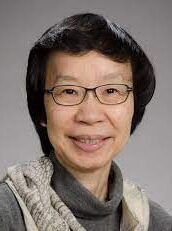
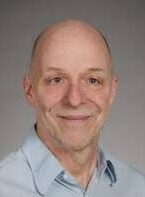
Episode 33: Essentials of Grant Writing
Drs. Rachel Wong (Biological Structure) and David Sherman (Microbiology) join us to discuss the key components of grants and the most common pitfalls grant writers encounter. They provide their thoughts on when to write your specific aims, how early to get feedback from colleagues, and tips to make the review process as easy as possible for reviewers. Treat each grant like it’s the only one you will write, and make sure it is for work you truly feel passionate about.
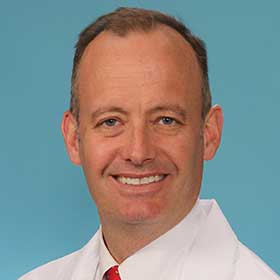
Episode 32: Guidance for Sponsoring URMS Colleagues
Dr. Ben Humphreys (Professor and Chief of the Division of Nephrology, Washington University) shares his experience and success in supporting his URMS (underrepresented in medicine and science) colleagues in their careers. Be thoughtful and check your own implicit biases as you consider the best opportunities to offer and how they will benefit your colleagues. Strategize how to advocate for your URMS colleagues based on the unique challenges they vocalize. Finally, recognize when to step out of a leadership role and use sponsorship to promote URMS colleagues who would be a good fit for that role.
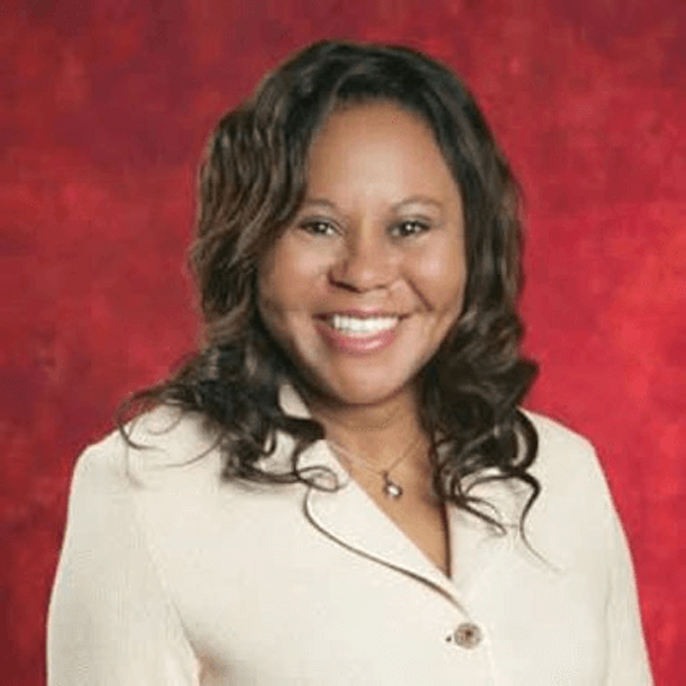
Episode 31: How to Build Community
Dr. Michelle Terry (Assistant Dean for Underrepresented in Medicine and Science Career Development) delineates how she learned to build community with others, and provides tips to get started. Make the commitment to show up at events that interest you, reach out to people you want to get to know, and approach all interactions, whether with a stranger or colleague, with curious intention.
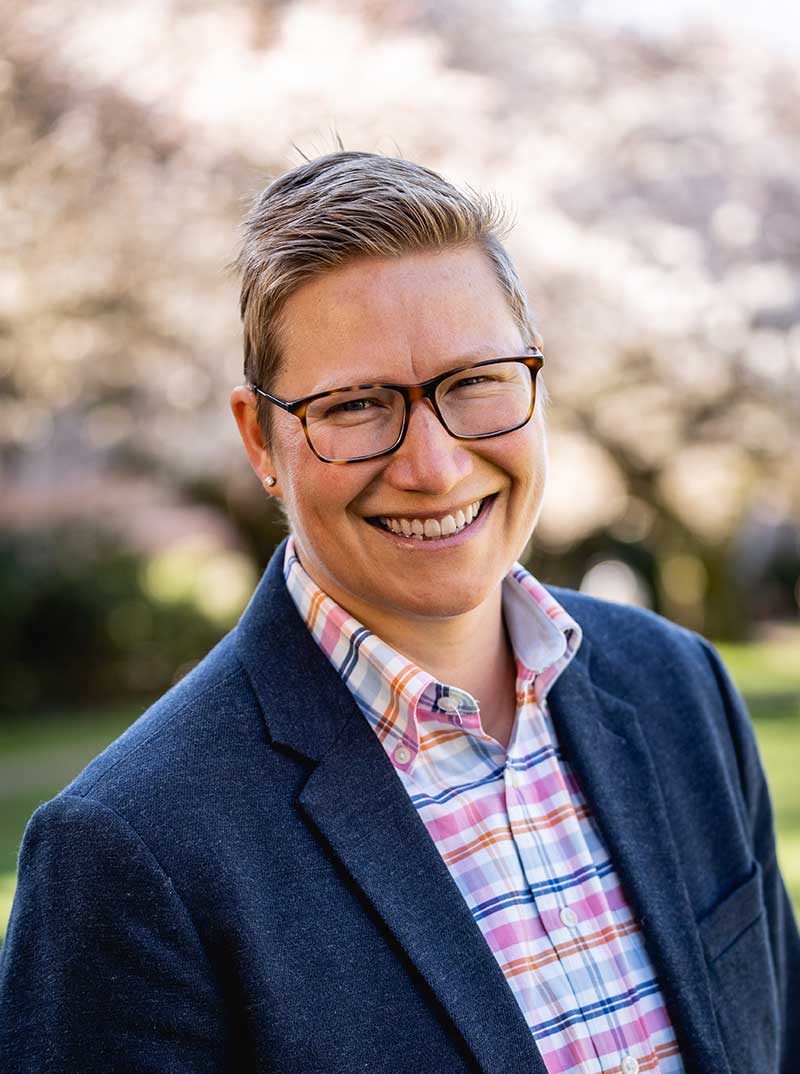
Episode 30: Entering a New Year
Dr. Anne Browning (Associate Dean for Well-Being) emphasizes using reflection to set intentions rather than resolutions as you start a new year. Learn how radical acceptance can help you let go of narratives or patterns that no longer serve you. Recognize and observe your emotional reactions without judgment, and embrace the practice of anticipatory joy to bring you out of past ruminations and into what lies ahead.
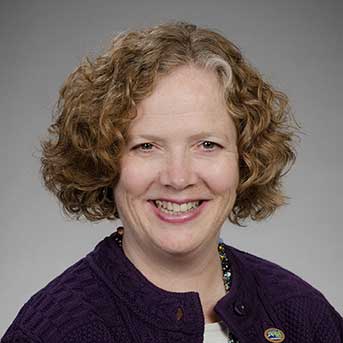
Episode 29: Pearls for Calendar Management
Dr. Suzanne Allen (Family Medicine; Vice Dean for Academic, Rural, and Regional Affairs) provides tips and tricks for managing your calendar, including how to partner with someone in doing so. Communicate regularly with your assistant about your calendar, clearly relay the urgency level of each meeting request, and have them place holds for each time offered to prevent double bookings. You may also consider blocking time for non-meeting work and shortening hour-long meetings to 50-minutes.
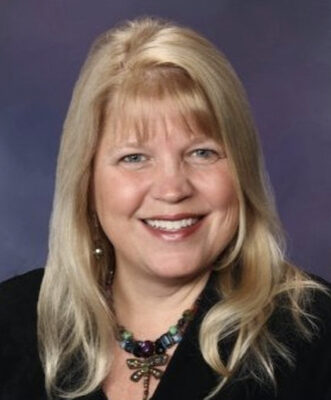
Episode 28: How Restorative Justice Can Transform Your Workplace
Toni McMurphy, founder of Infinite Impact, explains what restorative justice is and how it can be added to your workplace to build community. Restorative justice is the application of restorative practices applied when harm has occurred. Ms. McMurphy describes how to adopt these practices using circles, centering the situation instead of any individual person, and keeping both intent and potential impact in mind throughout the process.
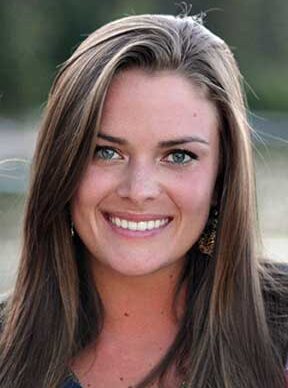
Episode 27: Project Management Part 2: The Project Manager Perspective
Lisa Pierce, the Project Manager for the Office of Faculty Affairs, provides another perspective on how faculty can collaborate with colleagues on projects. Start with establishing trust within your teams and clarifying roles and responsibilities. Then experiment with tools and find the best ways to communicate and track work based on the preferences of everyone in your team.

Episode 26: Project Management Part 1: The Faculty Perspective
Dr. Giana Davidson (Surgery; Assistant Dean for Professional Development) provides a faculty member’s perspective on how to collaborate with project managers. Whether it’s a research project or clinical initiative, a key foundation is creating a shared vision of what success looks like for the whole team. Then you can organize the work visually to track task progress, check in frequently with your partners, and know when to step in and help each other move the work forward.
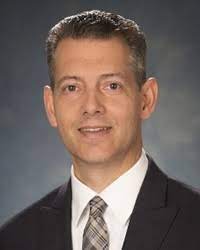
Episode 25: Want to Help Shape Your Institution? Join a Search Committee
Professor Chad Allen (English, American Indian Studies and Associate Vice Provost for Faculty Advancement) explains why participation in faculty search committees is critical for shaping the climate in your unit and institution. He provides guidance on how to participate actively to advance your unit’s vision and goals, move work forward in your field locally and nationally, and welcome a diversity of voices to your team and university.

Episode 24: Planning and Navigating Transitions
Dr. Kemi Doll (Obstetrics and Gynecology) walks through the process of how to decide when to make a transition in your work. Evaluate if you’re still growing in your personal goals, solicit feedback from trustworthy stakeholders in your planning, and know that discomfort is a normal and temporary part of stepping into that new chapter.
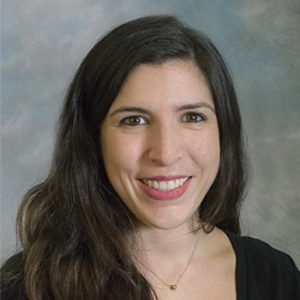
Episode 23: Jumping into Health Services Research
Dr. Soledad Jorge (Obstetrics and Gynecology) explains what health services research is and how to embark on a pathway into that work. Dr. Jorge covers how to answer questions in your field by finding the right databases, then how to create a detailed research proposal and utilize existing data dictionaries before diving into analysis.
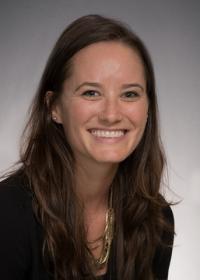
Episode 22: How to Give Feedback – Part 2
In the second part of our feedback series, Dr. Addie McClintock (Medicine) dives into how to have a feedback conversation with a learner. Using the Prepare to ADAPT model, provide meaningful observations based on shared expectations, have a conversation with the learner about that feedback, and plan together for next steps.

Episode 21: How to Give Feedback – Part 1
This is part one of two in our feedback series. Dr. Addie McClintock (Medicine) provides guidance on how to ensure a safe space to provide feedback, emphasizing learning and teamwork as primary goals. Create psychological safety by setting the stage, inviting participation, and responding productively.
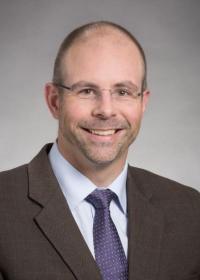
Episode 20: A Complete Guide to Leading Change
Dr. Lauge Sokol-Hessner (Medicine) walks through the full process of how to lead change. Using the framework of Kotter’s 8-steps, leading change requires addressing both the rational and emotional aspects of change, building a coalition of champions, removing barriers, and celebrating wins.
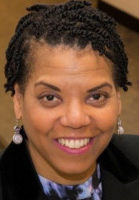
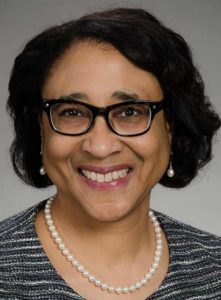
Episode 19: Using an Equity Lens in Decision Making
Drs. Paula Houston and Bessie Young (Office of Healthcare Equity) introduce the UW Medicine Equity Impact Tool for recognizing equity issues in workplace decisions, with a focus on educational, clinical, and research domains. Analyze whom the tool will benefit and burden, which stakeholders need to be at the table, and engage the community in decision making processes.
The Equity Impact Tool can be found at the Office of Healthcare Equity website at https://depts.washington.edu/hcequity/equity-impact-review-tool/
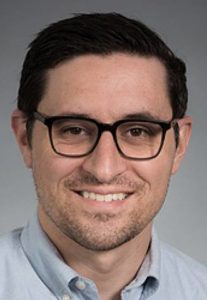
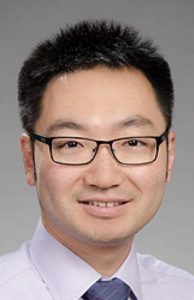
Episode 18: The How, When, and Why of Committee Participation
Drs. Nick Meo and Chen Wu provide guidance on meaningful committee participation. Choose committees that align with your passions and skills, participate consistently and join workgroups of interest to you, and think both locally and nationally to grow your network.
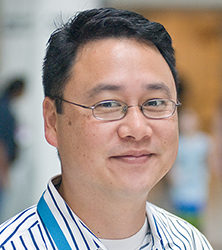
Episode 17: How to Begin a QI Project
Dr. Russ Migita (Pediatrics) provides tools and a framework for getting started with a quality improvement project. Have a structured plan, be specific about your primary aim, and use a key driver diagram to bridge the gap between current and ideal state to achieve that outcome.
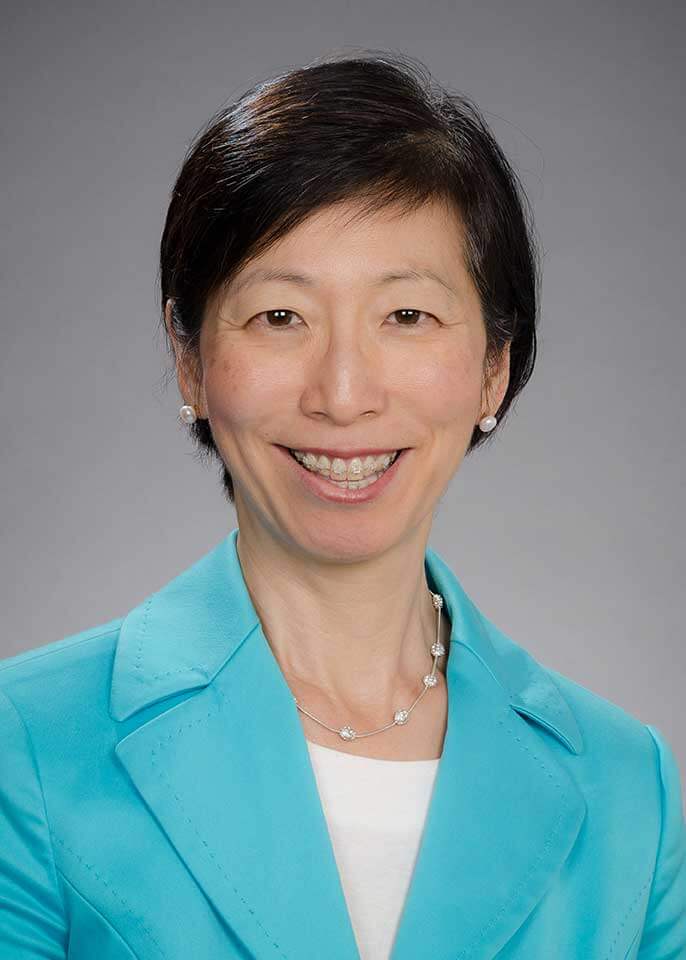
Episode 16: Navigating Difficult Conversations
Dr. Sara Kim (Surgery) walks through how she prepares for difficult conversations and provides skills to help them go smoothly: listen to understand the other person’s perspective and values, ask “how” or “in what way” questions to open the dialogue, and try to maintain a constant state of curiosity and respect.
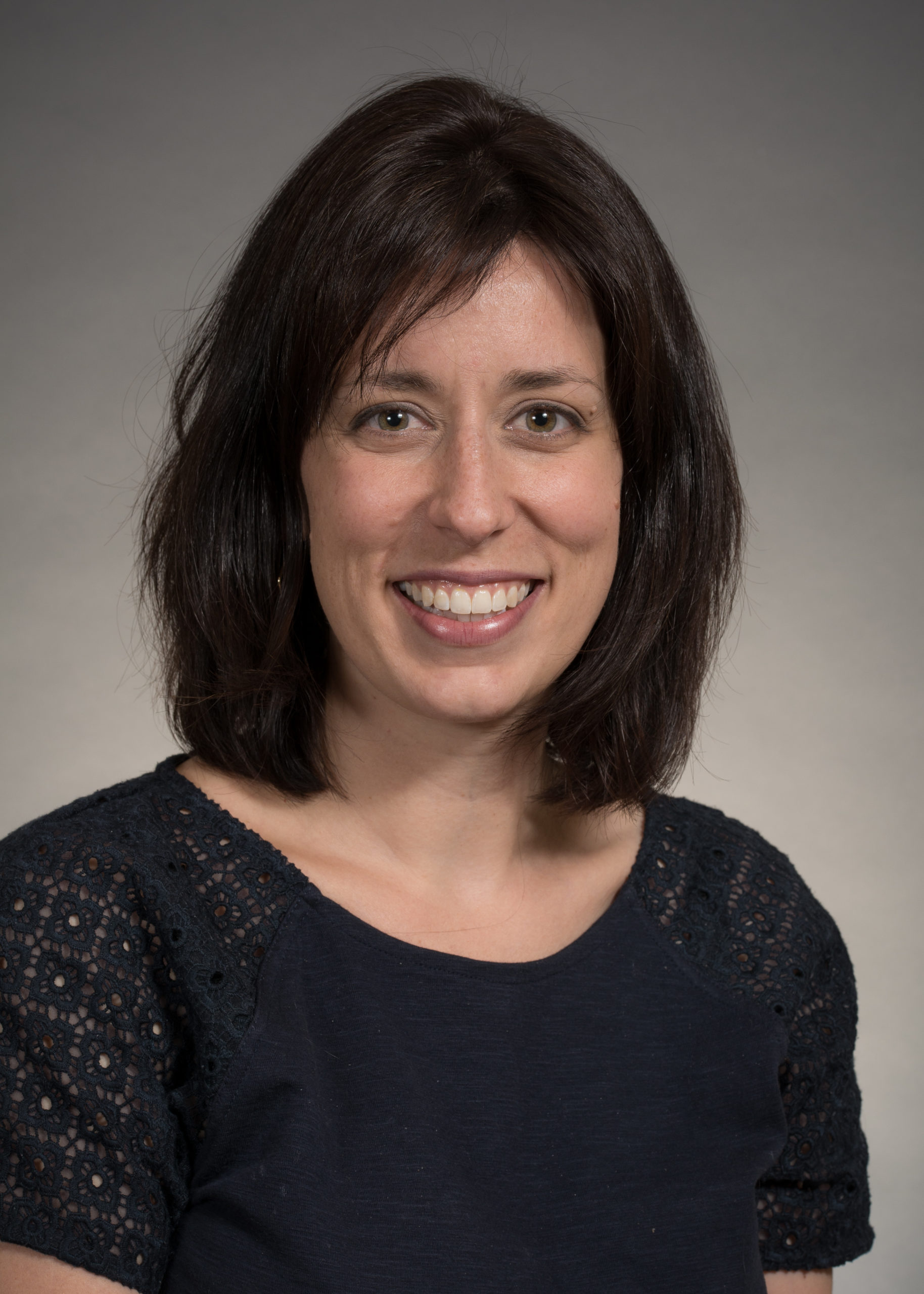
Episode 15: Developing Your Teaching Presence
Dr. Margaret Isaac (Medicine) provides tips on how to teach for large groups. Develop your teaching presence by practicing humility and inclusivity as you connect with your audience, rehearse your talk and practice STOP if you experience stage fright, and be confident in what you know and transparent about what you don’t know.
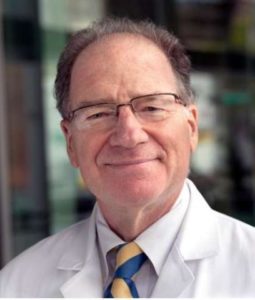
Episode 14: How to Peer Review a Paper
Dr. Fred Rivara (Pediatrics and Epidemiology) walks through the steps of peer reviewing a paper, emphasizing a focus on the abstract. He suggests choosing journals which align with your interests, provides insights on when to say no to a review request, and highlights the importance of co-reviewing papers with junior colleagues.
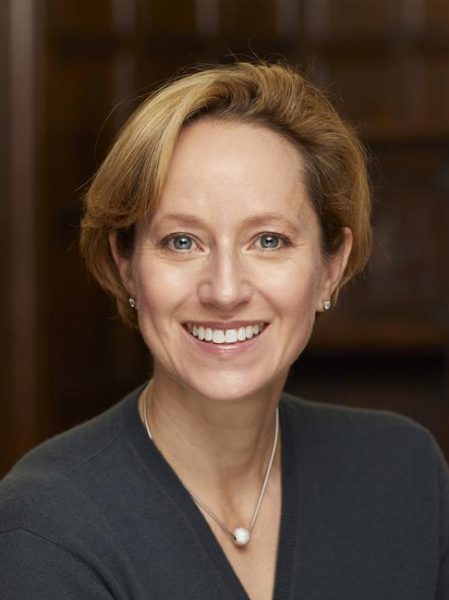
Episode 13: Return to “Normal” Amidst COVID-19
Dr. Lisa Damour explains that unpleasant emotions during stressful situations are normal. We can cope with them by leaning into relationships, finding meaning in what we do, and engaging in healthy, happy distractions. We should also examine which changes from the pandemic we want to keep and what we want to give up that no longer serves us. For folks with children, talk about what your children are feeling and ensure they have the adaptive strategies to manage their emotions.
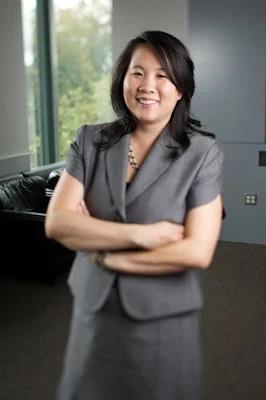
Episode 12: Essentials of Negotiation
Dr. Christina Fong (UW Foster School of Business) provides tips for negotiating in any setting. Start the conversation early with common goals in mind, be clear about your own ideal and best alternative scenarios, and demonstrate research you’ve done to prove your market value.
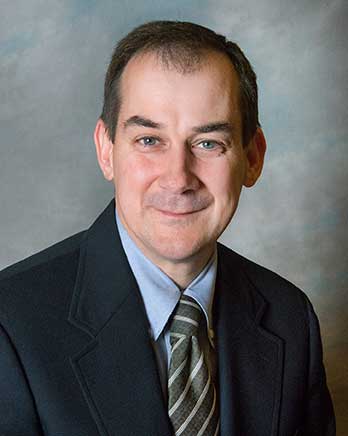
Episode 11: How to Run an Effective Meeting
Dr. Tim Dellit (UW Medicine CMO, Allergy and Infectious Disease) delineates how to run an effective meeting. Once you’ve determined if the meeting is necessary, create and send an agenda to participants ahead of time, allow space for all voices at the table, and prioritize topics to keep the conversation focused.
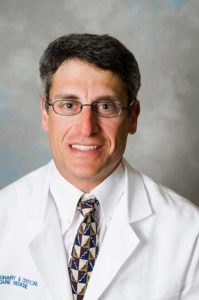
Episode 10: Creating Your Teaching Portfolio
Dr. Andy Luks (Pulmonary, Critical Care, and Sleep Medicine) explains what a teaching portfolio includes, and provides advice on organizing, maintaining, and compiling all of the components for a portfolio that highlights your individual strengths.
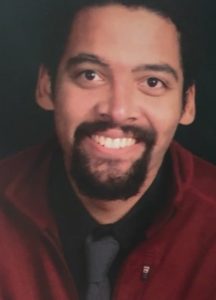
Episode 9: Setting Up Your Lab
Dr. Devin Schweppe (Genome Sciences) shares lessons learned from recently setting up his lab at UW. Have patience with the process, ask for help from a variety of colleagues, and choose research team members with mutual passion for the work and complementary communication styles.

Episode 8: How to Craft an Elevator Pitch
Dr. Kemi Doll (SoM Director of URM Faculty Development; Obstetrics and Gynecology) explains how to take your vision from an idea to a persuasive pitch. Detail your thoughts on paper, ask for feedback from trusted colleagues, and focus on the “why” of the proposal.
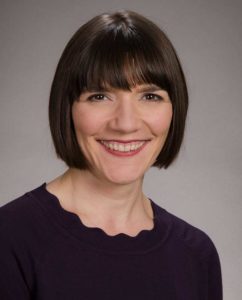
Episode 7: Writing Letters of Recommendation
Jeanne Cawse-Lucas, MD (Family Medicine) provides several tips on how to write letters of recommendation. Consider what information to request from the student, identify your own biases in your writing process, and find positive words for all types of performers.
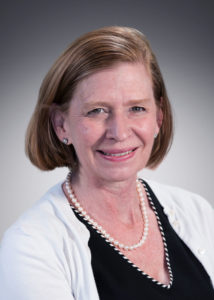
Episode 6: Essentials of Mentorship and Sponsorship
Dr. Barbara Goff (Chair, Obstetrics and Gynecology) defines mentorship and sponsorship, how to participate effectively in both, and explains why these roles are essential to developing your professional career path.
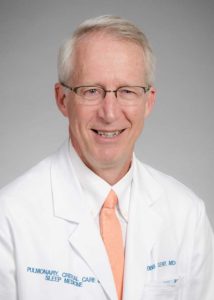
Episode 5: Making a 5- and 10-Year Plan
Robb Glenny, MD (Pulmonary, Critical Care, and Sleep Medicine) explains how to create a 5- and 10-year plan as you advance in your career. Identify your values, create your mission/vision, and set tangible steps to take you to the next level in your academic journey.
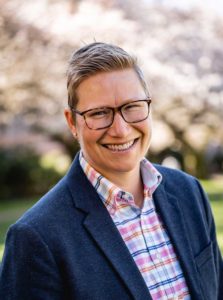
Episode 4: Tips for Cultivating Resilience
Anne Browning, PhD, Assistant Dean for Well-Being, defines resilience and provides ways to cultivate it by practicing gratitude, fostering relationships, and maintaining a healthy routine.

Episode 3: Using Social Media to Help Advance Your Career
Kemi Doll, MD, MS (Department of Obstetrics and Gynecology) shares reasons why you should consider using Twitter and social media to expand your knowledge base, create community, and advance your academic career.
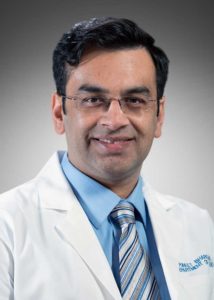
Episode 2: Let’s Talk About Email
Email is a necessary part of our work, but consumes much of our time. Puneet Bharvaga, MD explains four “D’s” to help manage it: delete, defer, delegate, and do.

Episode 1: Managing Your Time
In this episode, Puneet Bhargava, MD (Department of Radiology) provides three pearls for time management: the importance of planning, prioritizing difficult tasks during high-energy moments of your day, and staying organized.



